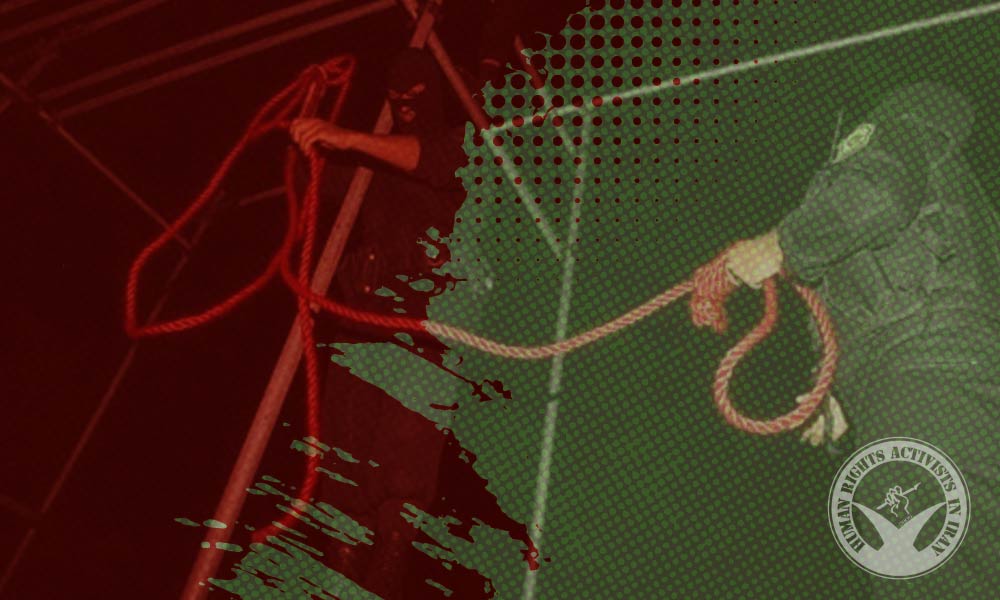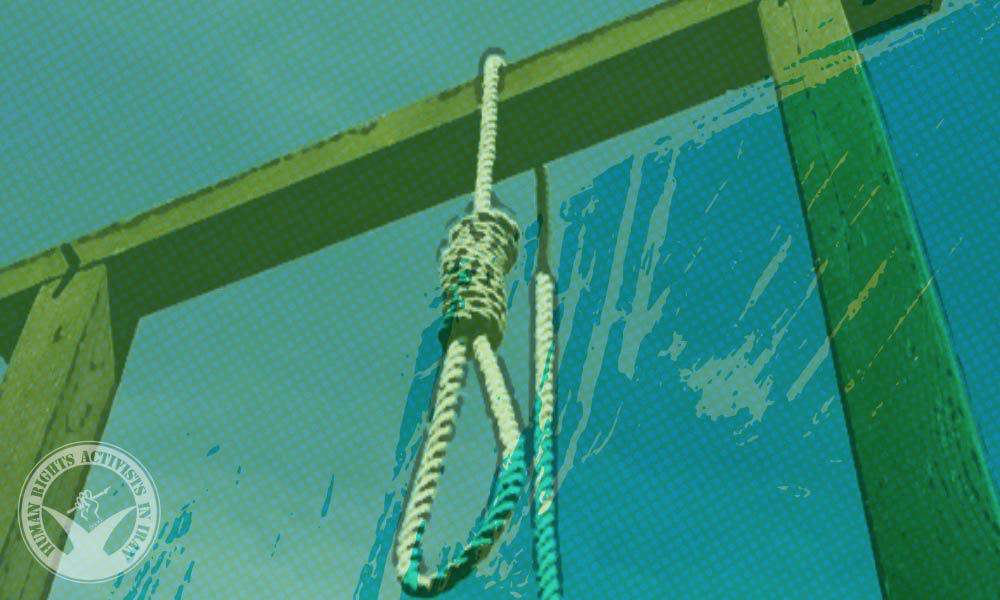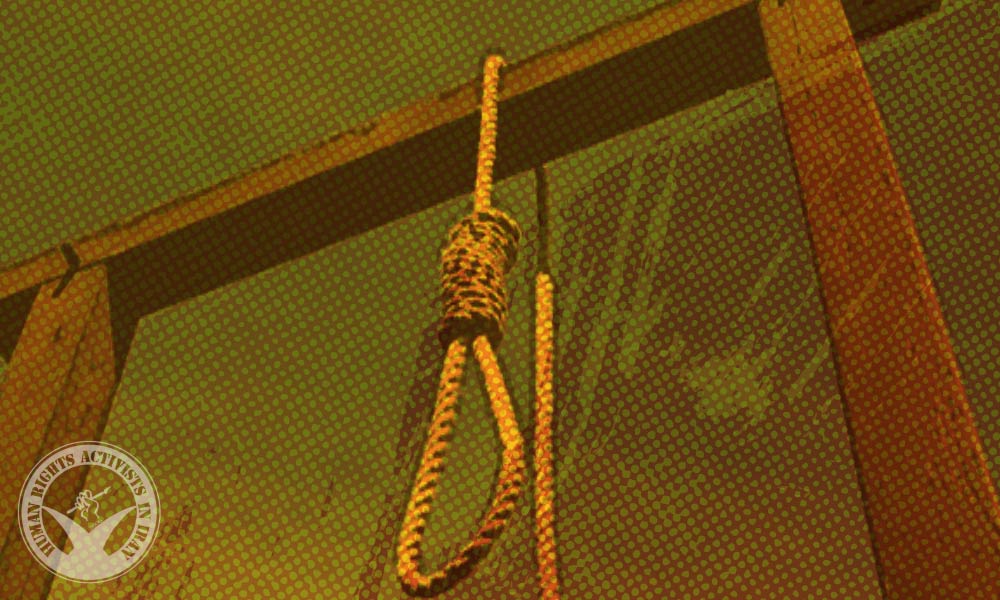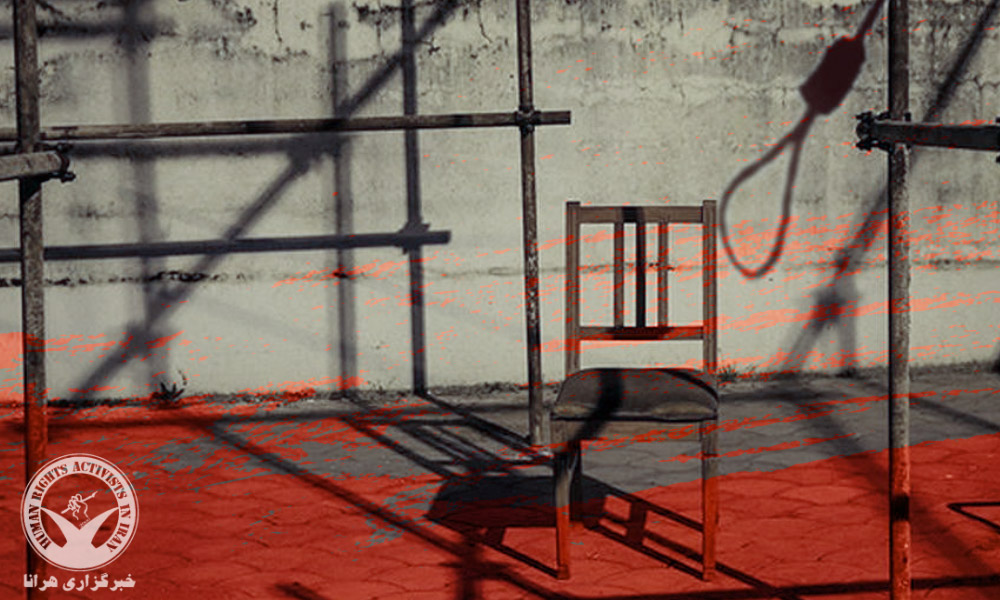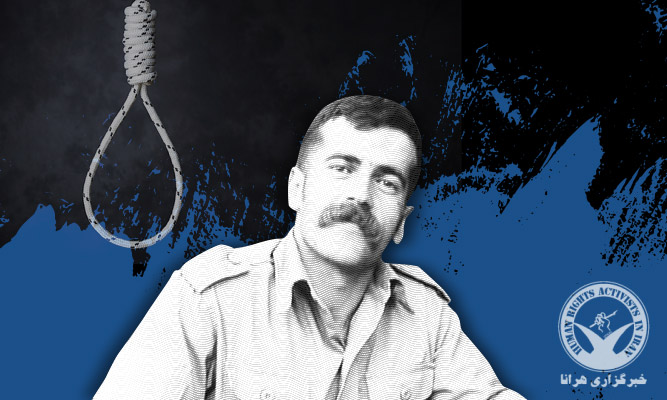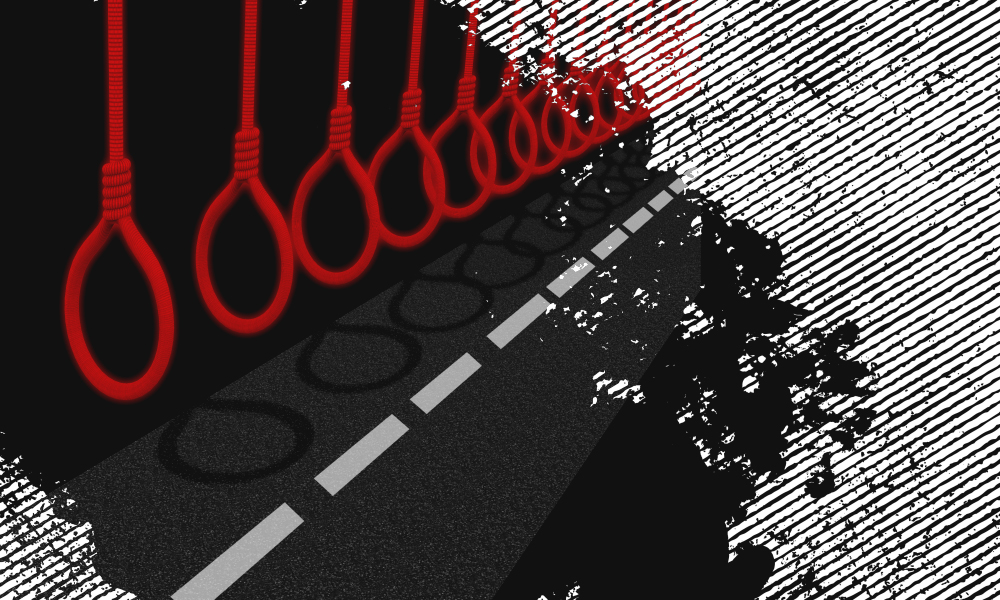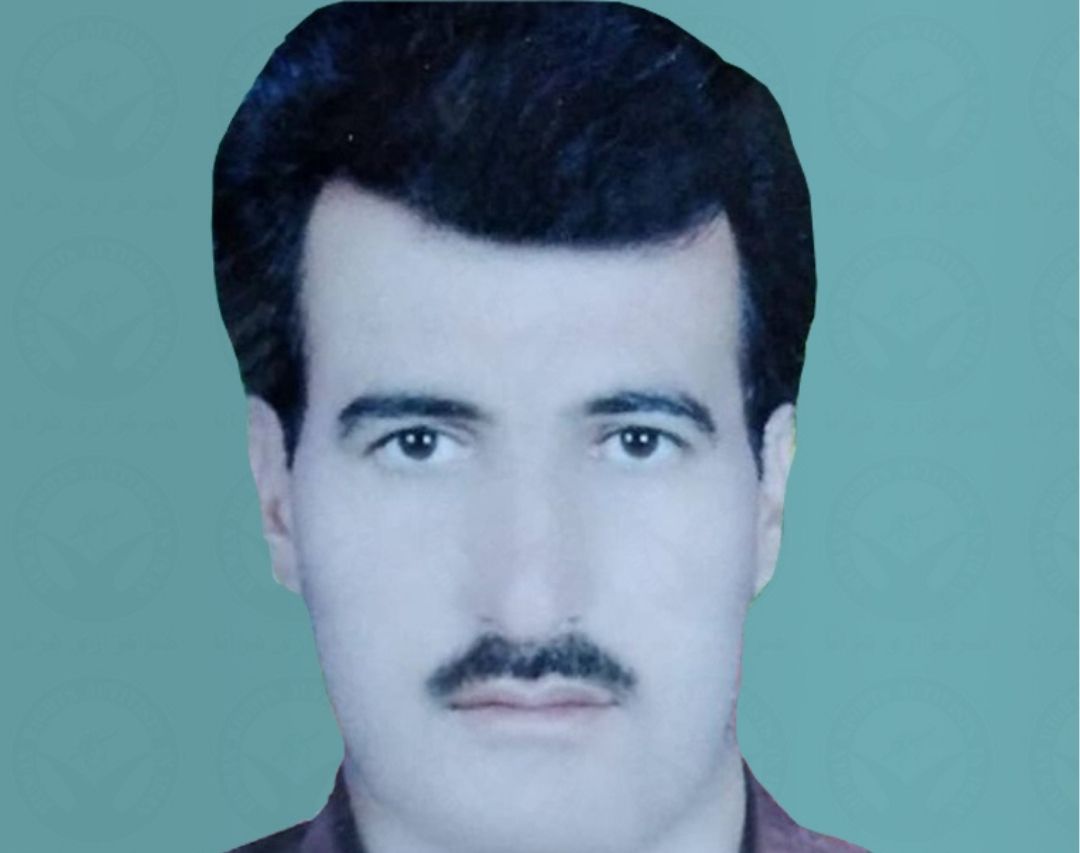On Sunday morning, March 27, 2022, four inmates convicted previously of drug-related crimes were executed in Arak Prison.
According to HRANA, the news agency of Human Rights Activists, on Sunday morning, March 27, 2022, four inmates of Arak Prison identified as Feizollah Nourollahi, Ahmad Nouri, Hamid Goodarzian and Mohammad Najari were executed.
All the executed inmates had been convicted of drug-related crimes.
None of the executions has been reported by official sources and media outlets inside Iran so far.
The most recent report from the Statistics and Publication Center of the Human Rights Activists in Iran (HRA) states that between January 1 of 2021 and December 20 of 2021, at least 299 citizens, including four juvenile offenders, were executed. In addition, 85 citizens were sentenced to death in this period.
As the report points out, Iran’s judicial authorities do not publicly announce over 88% of executions. These unreported executions are known as “secret executions” by human rights organizations.



